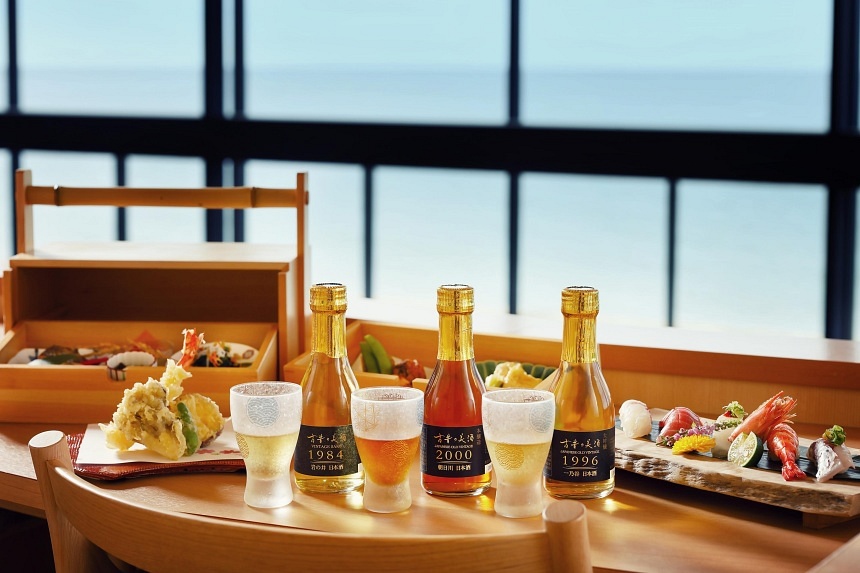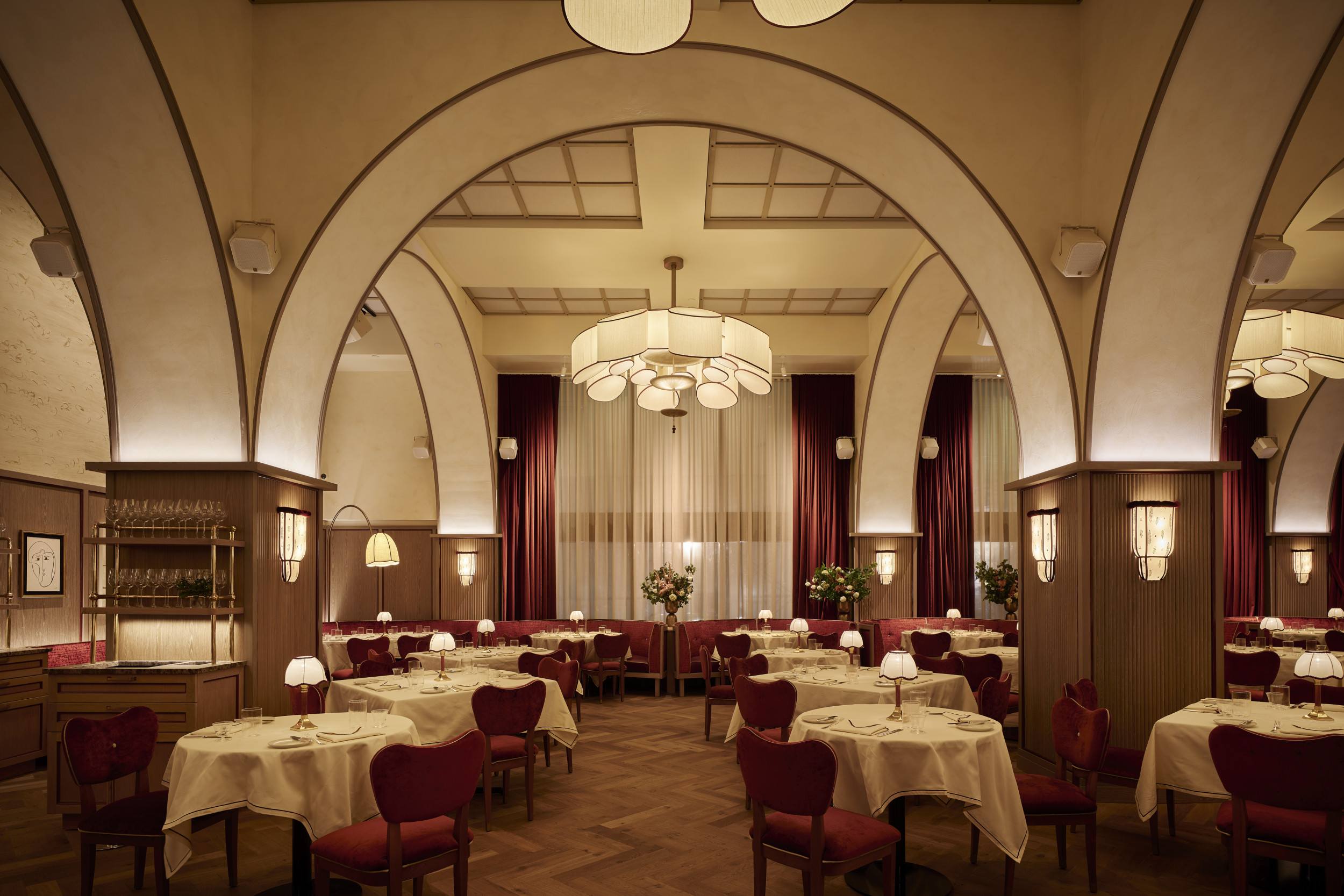Vintage sake pairing with Japanese cuisine. TOKYO – Japan’s sake breweries are staring down the threat of declining demand at home as consumer preferences shift to other alcoholic beverages like beer and wine – if they are still drinking at all, with teetotalism rising among a health-conscious population. In response, some breweries are aiming to alter perceptions of sake as a cheap, quotidian alcoholic beverage by positioning it as a more premium option.
The upside, however, is the growing attention and demand for Japanese sake abroad. Moreover, Japan has put up a bid to recognise traditional sake-making techniques using koji mould – which converts starch in the ingredients into sugar – as Unesco Intangible Cultural Heritage, with a decision due in December. “Traditional knowledge and skills of sake-making have been developed through the accumulation of experience by chief sake makers (toji) and sake brewery workers (kurabito) since before the establishment and spread of modern science, and have been built up as a manual process,” Japan said in its Unesco bid documents.
“These knowledge and skills have been handed down in various regions of Japan in various forms according to the local climate and environment,” it added, noting that Japanese alcohol production is essential to various aspects of everyday life, culture and rituals from funerals to celebrations. The term Japanese “sake” in English often refers to the alcoholic beverage brewed from fermente.


















